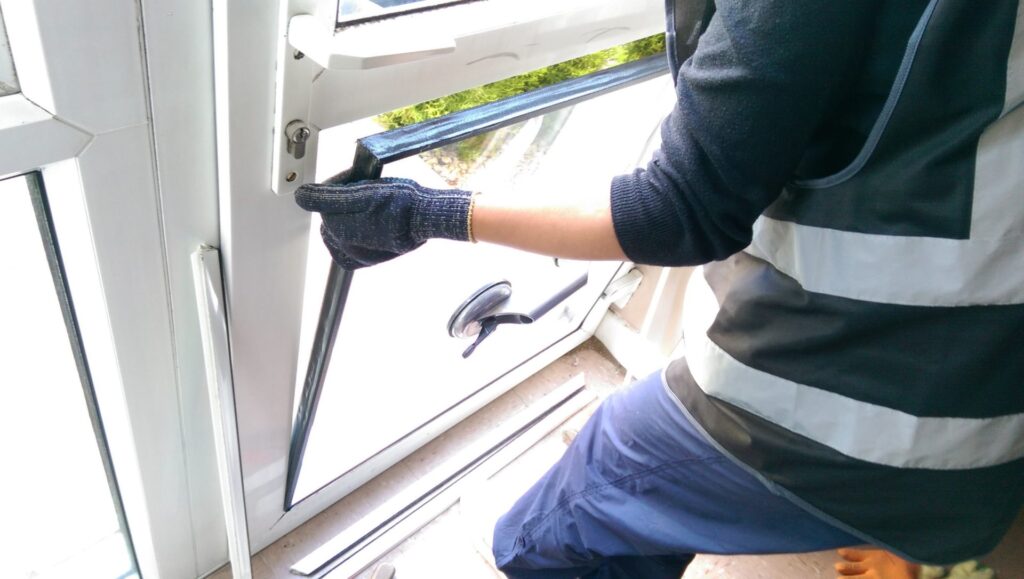What Will Residential Glass Repair Be Like In 100 Years?

Residential Glass Repair: Understanding the Process, Benefits, and FAQs
Glass is a fundamental element of lots of residential structures, providing both aesthetic appeal and practical benefits. From windows and doors to shower enclosures and mirrors, glass elements can boost the charm of a home. Nevertheless, like any material, glass is vulnerable to damage from accidents or natural wear and tear. This post checks out the different elements of residential glass repair, consisting of typical types of damage, repair procedures, advantages, and regularly asked concerns.
Common Types of Glass Damage
Residential glass can suffer from various types of damage that may necessitate repair or replacement. Here are some typical problems house owners encounter:
| Type of Damage | Description |
|---|---|
| Fractures | Noticeable cracks that can compromise structural integrity and security. |
| Chips | Little breakages that often happen on the edges of glass panes. |
| Shattered Glass | Complete breakage of the glass, rendering it unusable and positioning safety dangers. |
| Fogged or Cloudy Glass | Accumulated moisture in between glass panes results in a cloudy appearance. |
| Scratches | Surface imperfections that can lessen clearness, particularly on windows. |
Comprehending these common types of damage can assist property owners identify the requirement for repair and take timely action.
The Glass Repair Process
The procedure of residential glass repair varies depending upon the type of damage and the specific glass part involved. Here's a basic outline of how the repair procedure normally unfolds:
1. Assessment
An experienced technician evaluates the damage, identifying whether repair or replacement is the best choice. This assessment might involve analyzing the extent of cracks, chips, or other problems.
2. Measurement
If a replacement is essential, accurate measurements of the existing glass are required to guarantee an appropriate fit.
3. Glass Selection
Depending upon the kind of glass being repaired or replaced (single-pane, double-pane, tempered, and so on), the technician will source the suitable products.
4. Preparation
The area around the damaged glass is prepared. This includes getting rid of broken fragments and cleaning up the surrounding frame.
5. Repair/Replacement
- For minor chips and cracks: A resin is injected into the damaged area, cured with UV light, and polished to bring back clarity.
- For shattered glass: The harmed pane is removed and replaced with new glass, guaranteeing a secure fit.
6. Clean-Up
After the repair or replacement is complete, the technician will clean the location, ensuring no debris is left behind.
7. Final Inspection
Finally, a comprehensive examination is conducted to validate the integrity and functionality of the fixed or replaced glass.
Benefits of Professional Glass Repair
Going with professional glass repair services offers several benefits for homeowners, including:
- Safety: Trained specialists follow safety procedures to make sure that the repair or replacement process does not pose any dangers.
- Quality: Professionals use high-grade materials and have the knowledge to make sure long-lasting repairs.
- Time Efficiency: Experienced technicians can complete repairs promptly, lessening disruption to the home.
- Cost-Effectiveness: Addressing minor damages quickly can avoid more extensive and costly repairs in the future.
- Increased Property Value: Maintaining the stability of glass components can improve the general visual appeal, positively impacting home worth.
Often Asked Questions (FAQs)
1. How do I know if my glass can be fixed or needs replacement?
A professional assessment is the best way to determine this. Minor fractures and chips can typically be fixed, while considerable damage or shattered glass may need replacement.
2. What should I do if my window glass is misting up?
Fogging usually indicates a broken seal in double-pane windows. Seek advice from a glass repair professional for an evaluation and prospective replacement.
3. Can I repair minor glass chips myself?
Do it yourself repairs can be efficient for little chips, however for the very best results and to guarantee safety, it is advised to speak with a professional.
4. The length of time does the normal glass repair take?
The timeline can differ based on the extent of the damage and the kind of glass, but many repairs are completed within a few hours.
5. Will www.repairmywindowsanddoors.co.uk or replacement?
Protection varies by policy. It's advisable to contact your insurance coverage supplier to comprehend your particular coverage.
6. What is the expense of residential glass repair?
The expense depends on several factors, consisting of the type of glass, level of the damage, and whether repair or replacement is necessary. Property owners should acquire numerous quotes to compare rates.
Residential glass repair is a vital service that guarantees the safety, functionality, and visual appeal of a home. By comprehending the kinds of damages, the repair process, and the advantages of professional intervention, house owners can make informed choices when confronted with glass problems. Always consider consulting a qualified technician to examine any glass-related damage in your house, keeping both safety and design in your living areas.

